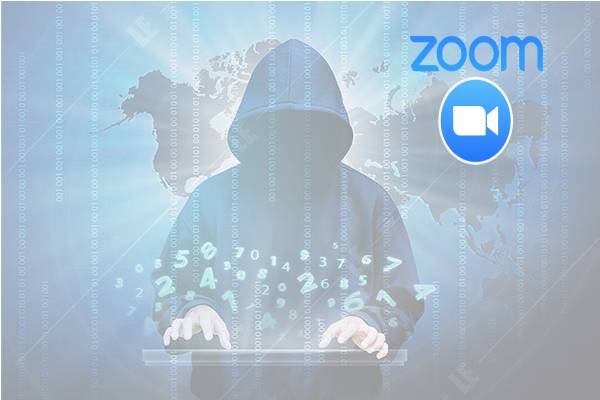
Source: Black Perspectives
Recently, Zoom classes held by professors at the University of Southern California (USC) and other schools were violently disrupted by “Zoombombers” who infiltrated virtual classrooms, yelling racist, anti-Black and anti-Asian slurs, and drawing pornographic images on screens. University closures and the online learning alternatives put in place to curb the spread of COVID-19 have reshaped academic life, bringing teaching—and the deep-seated racism that professors and students of color have always faced—into the intimate realm of the home. These hateful “bombings” differ from other entrenched forms of classroom racism and sexism because their explosive impact penetrates the household at a time when U.S. leaders have applied a wartime analogy to combat a global health crisis.
As millions of Americans have shifted to working from home, online discourses about prepping successful Zoom sessions have included pithy advice about matters ranging from successful lighting to staging one’s backdrop. Although coverage of the Zoombombings at USC and within Los Angeles school districts stressed that these attacks weaponize racism and sexual harassment, reports have neglected to adequately emphasize the threat to domestic life. In the current moment, working from home can be conflict-ridden and Zoombombings are invasions into the safe havens we all strive to maintain.
To be sure the Coronavirus pandemic has dramatically altered how faculty and students work and learn—a re-structuring that has classed and racialized implications based on unequal access to technology. But when bigots utilize virtual combat tactics to invade online classes they highlight how wartime anxieties exacerbate the forms of oppression that people of color face. When attackers interrupted a Zoom lecture for a USC class focused on race and inequality—shouting the N-word—they pierced the imagined safety of the faculty and students’ homes in a manner akin to throwing bricks through their windows. Knowing the hateful history of the N-word enables us to recognize this attack for what it was: racism. Alongside expert warnings about the ways in which panic around pandemics fosters xenophobia and racism, we also must acknowledge how framing our fight against COVID-19 as a “war against an invisible enemy,” as the President and others have done, encourages a wartime mindset for regular citizens.
Wartime fears are certainly applicable to this tinderbox. But as we draw nostalgic inspiration, for example, from the unity and national sacrifice of Americans during World War II, let us not forget how that era also bread appalling discrimination against Asian Americans, coupled with fervent racism against African American service people.
Yes, national crises breed unity and an outpouring of support from Americans of all stripes—not just self-sacrificing medical professionals, but also devoted grocery store workers, delivery persons, and truckers hauling much-needed supplies. But harsh times also stoke fears of competition for scarce resources and the dark cover of virtual classrooms can embolden those harboring ingrained racism. The challenge this pandemic has issued for our country and the world is not limited to sacrifice and support along health and economic fronts. With professors and students working from home, and supermarkets morphing into the frontlines of pent-up anxieties, we must be vigilant about preserving safety for all vulnerable groups as we negotiate these radically changed spaces.
I concluded my Introduction to African American Studies Zoom class last week with an oft-quoted line from James Baldwin’s open letter to Angela Davis, “For, if they take you in the morning, they will be coming for us that night.” If we don’t stand up to those who spit on and attack Asian Americans in the streets, and if we fail to fully acknowledge the stakes of spewing anti-Black slurs in online classes, then what will happen when they come for us?



